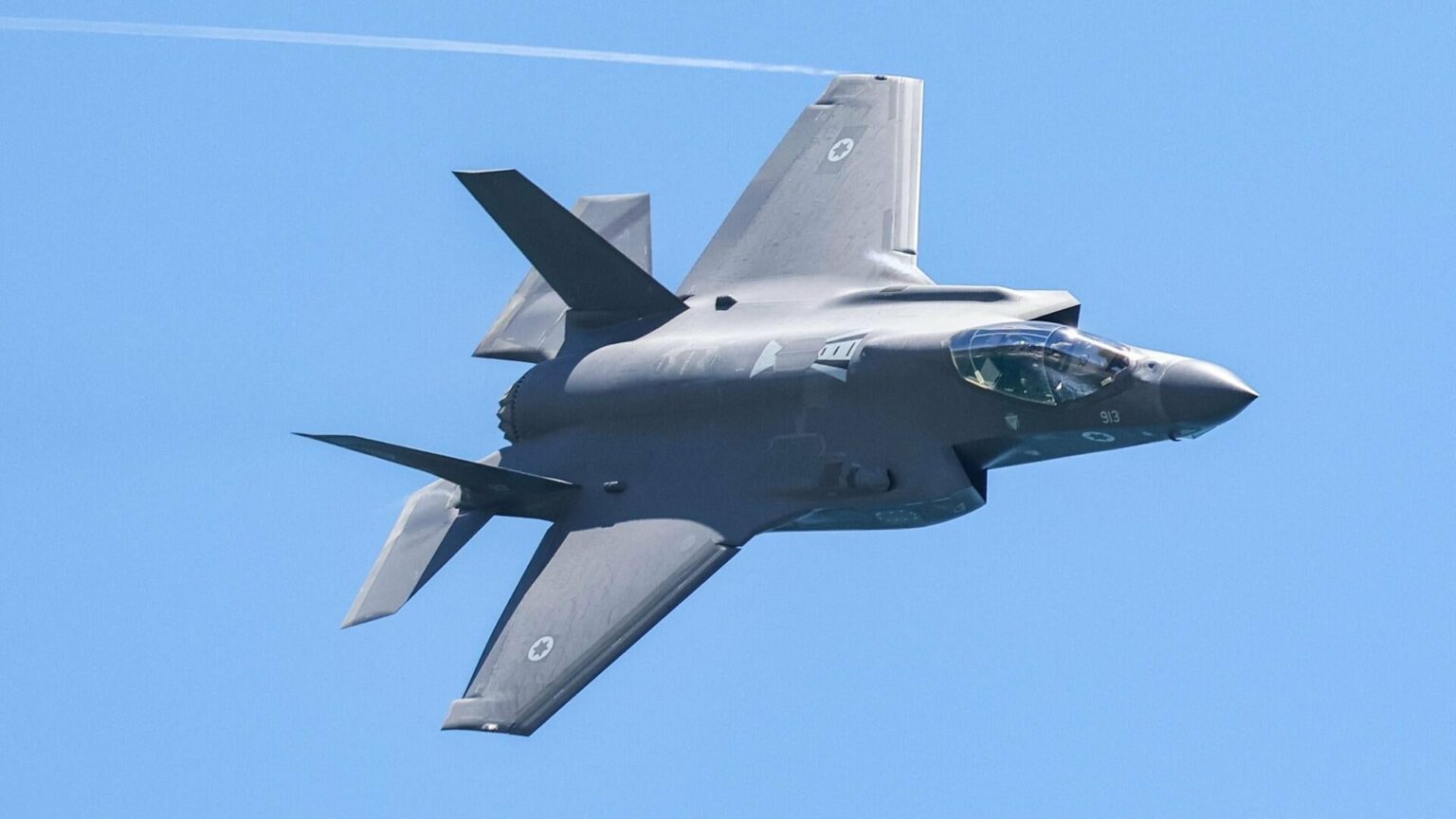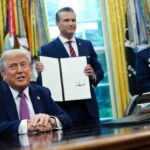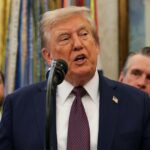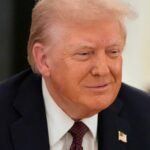In a significant strategic move, the United States is deploying 10 F-35 stealth fighter jets to Puerto Rico to escalate its efforts against drug cartels operating from the Caribbean. This operation forms part of a broader approach to curb the drug menace that has long plagued the region and the mainland United States. The move, confirmed by sources familiar with the matter, underscores the mounting tensions and the complexity of the drug trade dynamics, especially in relation to Venezuela.
Recently, the relationship between the U.S. and Venezuela has seen increased strain due to incidents related to narcotics trafficking. An episode earlier this week marked a significant escalation when the U.S. executed a precision strike against a vessel believed to be carrying drug traffickers along with substantial narcotics load. This operation reportedly targeted members of the notorious Tren de Aragua gang, a major player in the regional drug trade with purported links to the Venezuelan state.
The deployment of the top-tier F-35 jets was first brought to public attention by a Reuters report, although U.S. authorities have not provided detailed comments on the specific roles these aircraft will play. However, it is anticipated that their presence will significantly enhance surveillance capabilities and provide superior air support for maritime and ground operations aimed at disrupting drug trafficking routes.
In tandem with the aerial deployment, the U.S. Navy has positioned three Aegis guided-missile destroyers near Venezuelan waters. The USS Gravely, the USS Jason Dunham, and the USS Sampson were deployed as part of an initiative directed by President Trump to combat the security threats posed by Latin American drug cartels to the U.S. These vessels are equipped with advanced missile systems and sensors suitable for tracking and engaging enemy targets, which provide a formidable deterrent against potential maritime drug smuggling activities.
A key incident illustrating the rising tensions occurred just last Thursday when two armed Venezuelan F-16 fighter jets conducted a flyover of the USS Dunham. Defense Department officials interpreted this as a clear show of force from the Venezuelan military. The incident underscores the delicate and often charged nature of U.S. military operations in proximity to Venezuelan territory, reflecting broader geopolitical tensions in the region as both nations navigate the contentious issues of sovereignty, security, and narcotics control.
It remains unclear how the USS Dunham responded to the Venezuelan flyover, with U.S. military officials not providing specific details on any countermeasures or communications that might have taken place during the encounter.
This increased military activity near Venezuela comes as President Trump consistently advocates for a more robust use of military assets to counteract the drug cartels that he holds responsible for a significant portion of the illegal narcotics entering the U.S. Fentanyl and other deadly drugs have wreaked havoc across American cities, claiming thousands of lives yearly. The administration views these aggressive measures as essential steps to staunch the flow of these substances into the country.
The responses from humanitarian and international bodies on this issue are varied, with many expressing concerns about the potential for increased militarization of drug enforcement tactics and the implications for regional stability. Critics argue that while the focus on military solutions is understandable from a tactical standpoint, there also needs to be an emphasis on addressing the root causes of drug trafficking, such as poverty, corruption, and lack of economic opportunities in the regions that serve as major drug production and transit zones.
As debates continue over the best strategies to dismantle powerful and often violent drug cartels, the situation remains fluid. The U.S. maintains that these tactical deployments are necessary to safeguard national interests and reduce the drug-related challenges facing the country. However, the effectiveness of these measures will ultimately depend on a complex matrix of factors, including diplomatic maneuvering, the capabilities of local enforcement agencies, and the broader strategy to address narcotics trade on an international scale.
Reporters Charlie D’Agata and James LaPorta have contributed to the coverage of this evolving situation, providing insights into the strategic movements and the larger implications of such military engagements in the Caribbean. In addition, Willie James Inman, a renowned White House reporter for CBS News, continues to provide detailed analyses and updates on the administration’s policies regarding drug enforcement and its negotiations with Latin American countries amid these challenging and often volatile circumstances.









